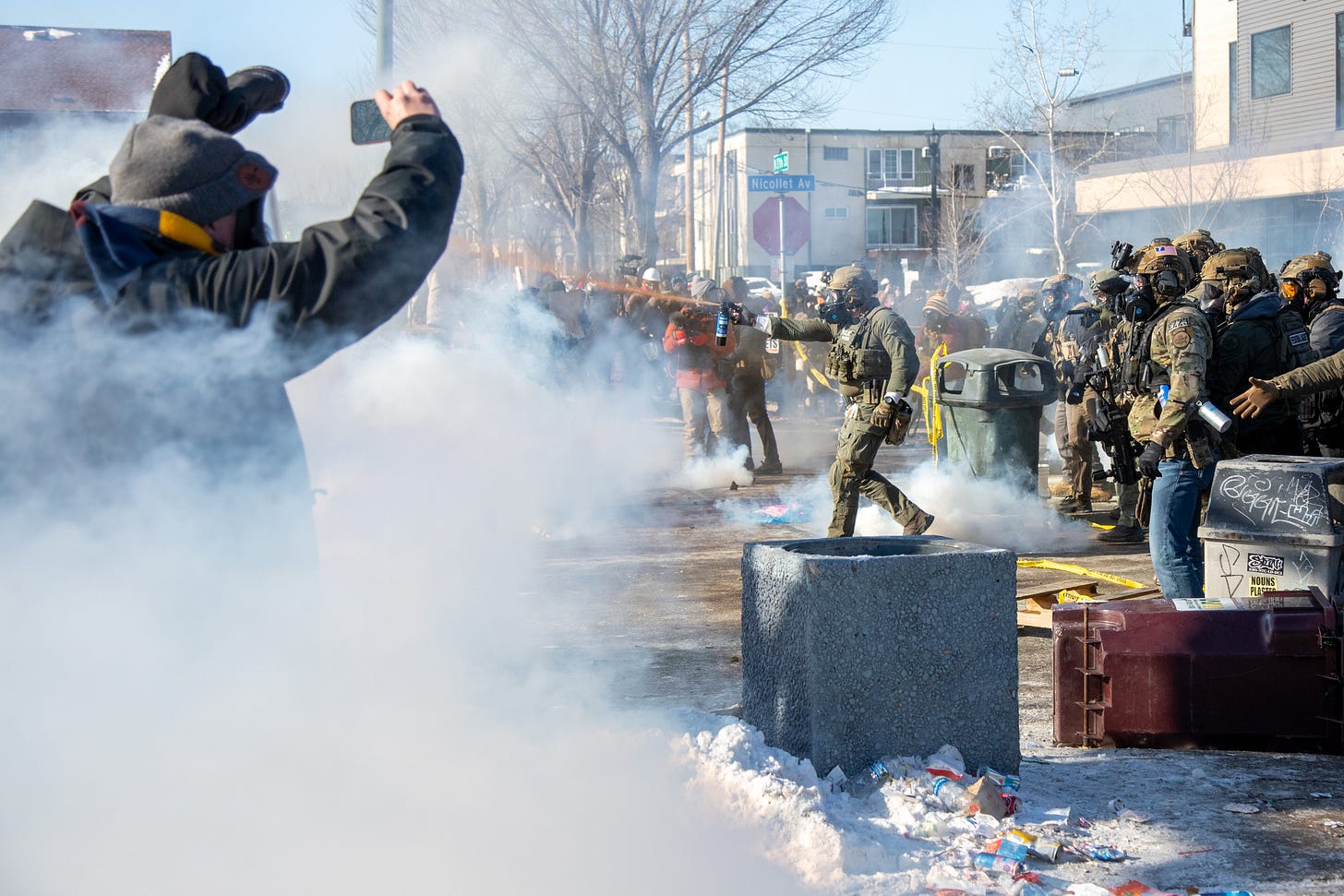Listeners vote on their favourite songs from the previous 12 months in what has become known as “the world’s largest musical democracy”. Over two million votes were cast for the latest countdown. In this wide-open playing field, the success of Australian artists is a source of national pride.
Since Spiderbait became the first Australian artist to top the countdown with their song Buy Me A Pony in 1996, a total of 16 Australian artists have clinched the number one spot. Although British singer-songwriter Olivia Dean took out this year’s honours, five of the top 10 songs were by Australian artists. This good showing, however, no doubt has something to do with the fact that voters were given a new option of filtering their votes to include Australian artists only. The reason Triple J introduced this initiative probably has something to do with the reality that last year’s countdown featured the fewest artists since 1996.
Over on the national ARIA charts, not a single Australian song cracked the top 20 in 2025 – in fact Taylor Swift has more songs in the top 40 than all Australian artists put together. It seems that ARIA’s initiative to exclude songs more than two years old (which would weed out evergreen hits) is yet to bear fruit.
So what gives? Surely Australians haven’t just stopped liking Australian music?

